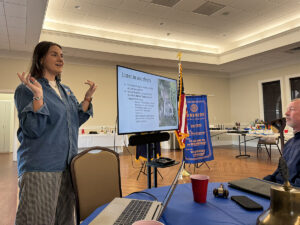News

On December 28th, attorneys from the Southern Environmental Law Center filed an appeal of a lower 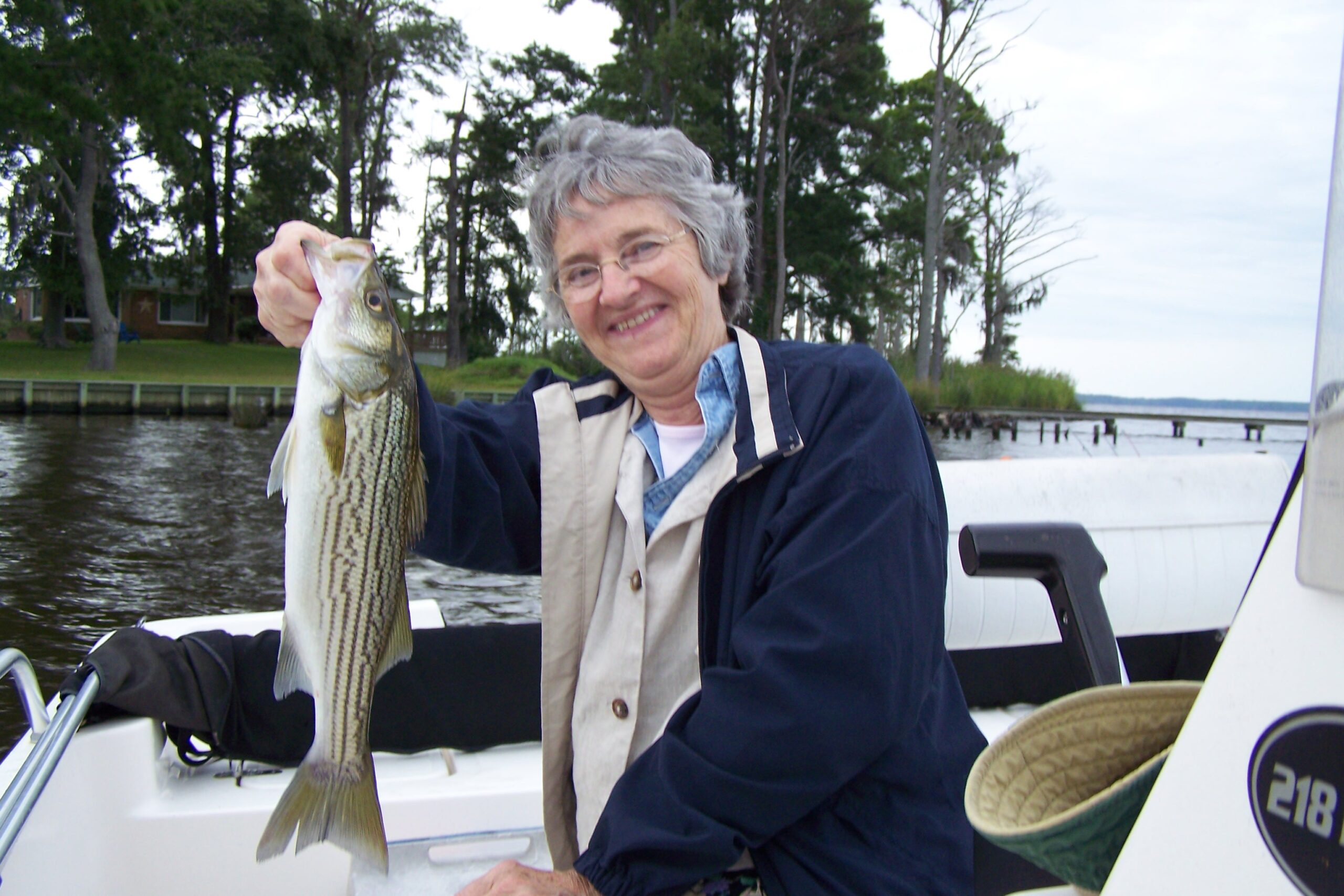 court decision that would allow Martin Marietta Materials to discharge 12 million gallons per day of wastewater into Blounts Creek. This appeal was filed in Carteret County Superior Court on behalf of Sound Rivers and the NC Coastal Federation.
court decision that would allow Martin Marietta Materials to discharge 12 million gallons per day of wastewater into Blounts Creek. This appeal was filed in Carteret County Superior Court on behalf of Sound Rivers and the NC Coastal Federation.
In November, Administrative Court Judge Phil Berger, Jr. issued a ruling upholding the permit. This ruling fails to protect the many interests which benefit from Blounts Creek, and completely ignores the standards of the Clean Water Act intended to protect and preserve our waters.
Our Pamlico-Tar Riverkeeper stated, “the decision completely ignores the interests of the people who  live along the creek, fish its waters, and depend on its unique fisheries. The N.C. Division of Water Resources could required the company to pursue other available alternatives that would protect the creek, not hard the local citizens, and comply with state and federal laws.”
live along the creek, fish its waters, and depend on its unique fisheries. The N.C. Division of Water Resources could required the company to pursue other available alternatives that would protect the creek, not hard the local citizens, and comply with state and federal laws.”
Sound Rivers and partners began the challenge of this permit in 2013. In order to develop a 649-acre open pit mine outside Vanceboro in Beaufort County, N.C., Martin Marietta plans to pump up to 12 million gallons per day of ground and wastewater into Blounts Creek’s headwaters. The discharge will transform the swampy headwater habitat into a fast-flowing stream consisting primarily of the mine discharge wastewater, permanently altering the creek’s diversity of life and abundance of high quality habitat for fish.
Martin Marietta admitted in its application that the altered creek would no longer support its existing mix of fish species and would no longer be considered swamp waters due to the increased flow, increased pH, and other changes to the creeks that would occur due to the discharge. Under federal and state law, North Carolina cannot authorize discharges that will violate water quality standards by changing the natural mix of species in a water body or by destroying uses that are protected by a supplemental classification, such as “swamp waters.”
State wildlife agencies and the Environmental Protection Agency criticized the plan in 2013 in response to the draft permit.
A hearing date is pending.
Related News
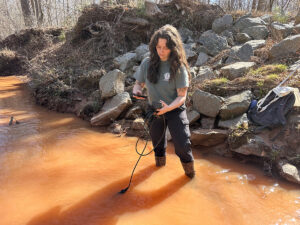
Lick Creek sampling continues
March 13th 2025

Sound Rivers Highlight: AmeriCorps Stormwater Education Coordinator Sierra Stickney
March 13th 2025
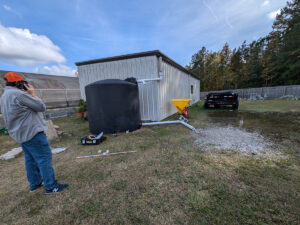
Stormwater team gets into repair business
March 13th 2025
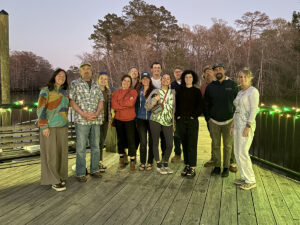
NC Riverkeepers gather for spring meeting
March 13th 2025
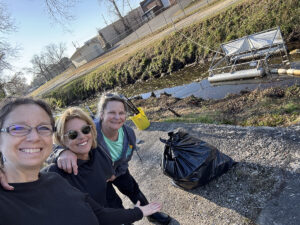
Trash trap gets 33 pounds lighter
March 13th 2025
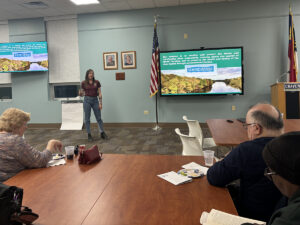
Crowd turns up for New Bern land-use ordinance workshop
March 6th 2025
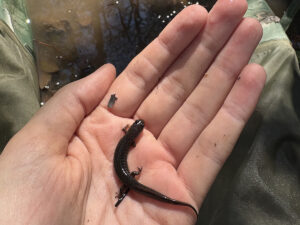
Riverkeeper makes Blounts Creek benthic survey trip No. 2
March 6th 2025

Sound Rivers visits the birthplace of environmental justice
March 6th 2025
